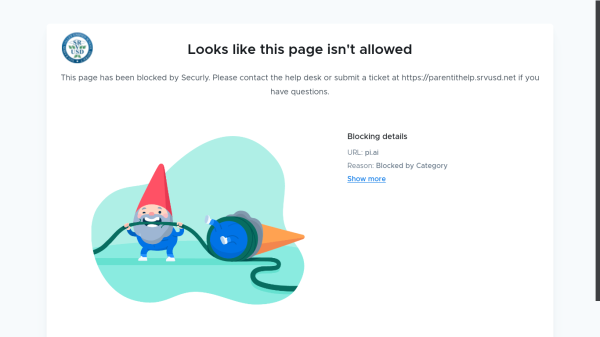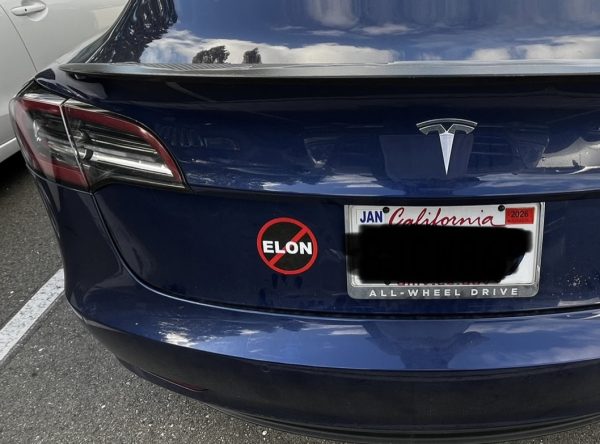Jair Bolsonaro the new Donald Trump?

Photo Credit: Evarsito SA/AFP via Getty Images
Brazilians protest at the Esplanada dos Ministérios in the Brazilian capital, Brasília. They were all Bolsonaro supporters who stormed the capital, similar to the January 6, 2022 riots that occurred at the U.S. Capitol.
Brazil has always been a country with many issues, and for many years one of the main issues has been its different presidents. With the last three Brazilian elected presidents ending their terms extremely hated by the Brazilian public, many worry about when these issues will stop.
Luis Inácio Lula da Silva, better known as Lula was first elected as president in Brazil on January 1, 2003, ending on December 31, 2011. Later on, in 2017, Lula was convicted of money laundering and corruption while he was president, which led to a sentence of nine and a half years in prison.
After Lula’s first presidential term, Dilma Rousseff, Brazil’s first female president, was elected. Before becoming president, however, Dilma served as the chief of staff under Lula. This meant that during her entire presidency, she was still working for Lula in a sense, leaving behind the same trail as him.
Towards the end of Dilma’s presidency, she had many protesters that did not support her ideals, most of them being higher-class, white citizens. Many of these protesters were also mostly protesting against Dilma’s party, the Worker’s party (Partido dos Trabalhadroes, PT), rather than herself as a president. Though these protesters were not a representation of the country as a whole, many media outlets who were also protesting against Dilma and her party, made it seem to the rest of the world as if the entire country opposed the party.
Though a majority of the country still fully supported Dilma, she was impeached by the Brazilian government 15 months into her second presidential term. The reasons for her impeachment, similar to Lula, were that she was charged with criminal administrative misconduct and disregard for the federal budget, along with the fact that the wealthy class of Brazil was against her and everything she stood for.
After Dilma was impeached, Vice President Michel Temer became president. Temer was a free-market advocate who wanted to boost the economy in Brazil, but he was not well-liked among the Brazilian population, with most Brazilians believing that he also should have been impeached. Consequently, Temer was not voted president after he ended his term as interim president in 2018, instead, Jair Bolsonaro was elected the 38th president of Brazil.
Jair Bolsonaro, who is a part of the Social Liberal Party (Partido Social Liberal, PSL), began a populist campaign, taking advantage of the corrupt state that the country was in. He cast himself as an anti-establishment insurgent candidate and did not concern himself with political correctness, which the country was in dire need of. Due to these actions, Bolsonaro became known as the “Trump of the Tropics”
During his presidency, Bolsonaro had some wins and losses. He raised the minimum age for retirement in Brazil and resolved many foreign relations in an attempt to help the 2014 economic crisis. However, he also rolled back protections for indigenous groups in Brazil and advocated for deforestation, which resulted in a public outcry when a large portion of the Amazon Rainforest was on fire. Later on, during the COVID-19 pandemic, Bolsonaro was once again criticized for his actions revolving around the matter, including completely downplaying the severity of the disease, and the Brazilian healthcare system was completely unprepared to combat the disease.
Due to his many questionable policies, Brazilians across the nation became very hateful of Bolsonaro, as he became more and more like a dictator and was not interested in helping the country itself. This then leads to the 2022 elections, where Bolsonaro ran against Lula, who was already a very well-liked past president in Brazil.
Due to Bolsonaro’s questionable disliked presidential term, as mentioned earlier, he has been deemed the “Trump of the Tropics”. Many people see Bolsonaro as an equivalent president to Donald Trump due to their similarities in policies as president. One of the most prominent similarities is that both cared more about the economies of their countries, rather than handling the political side of the issues they were facing. Both presidents also had many questionable COVID-19 policies that they tended to not follow themselves.

Esther is a senior at Monte Vista and is currently in her fourth year at The Stampede. She is looking...






